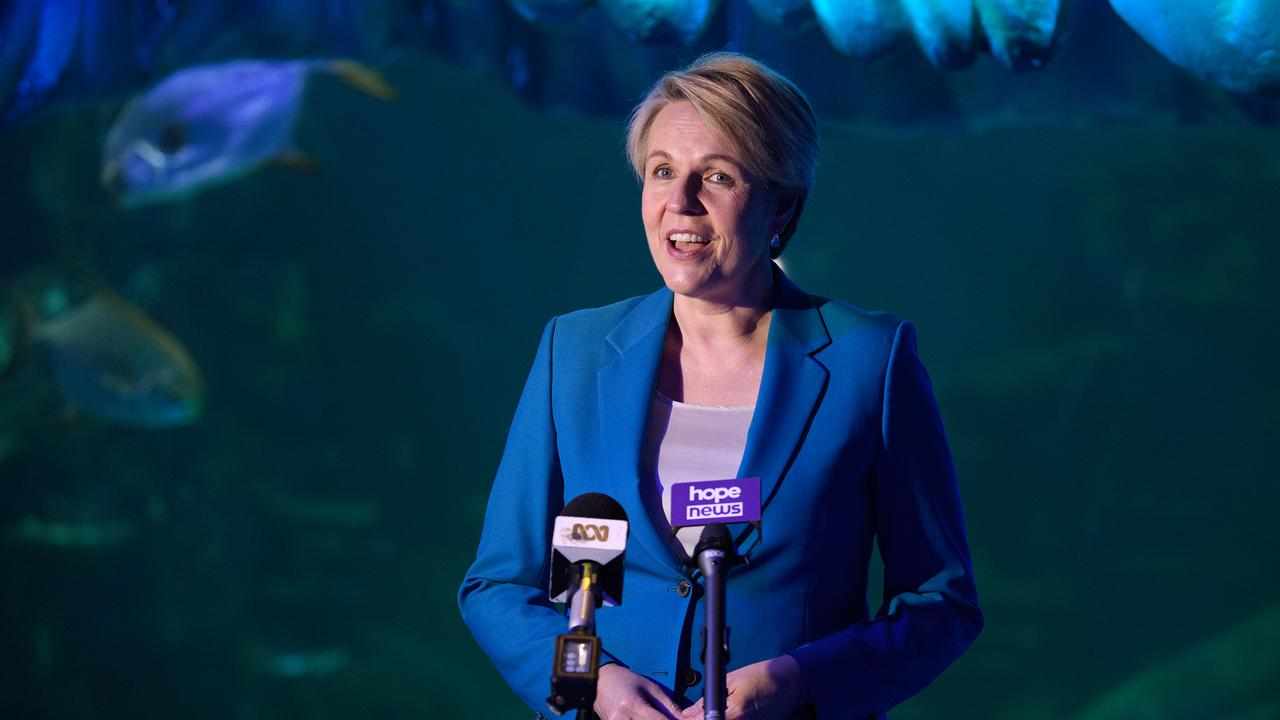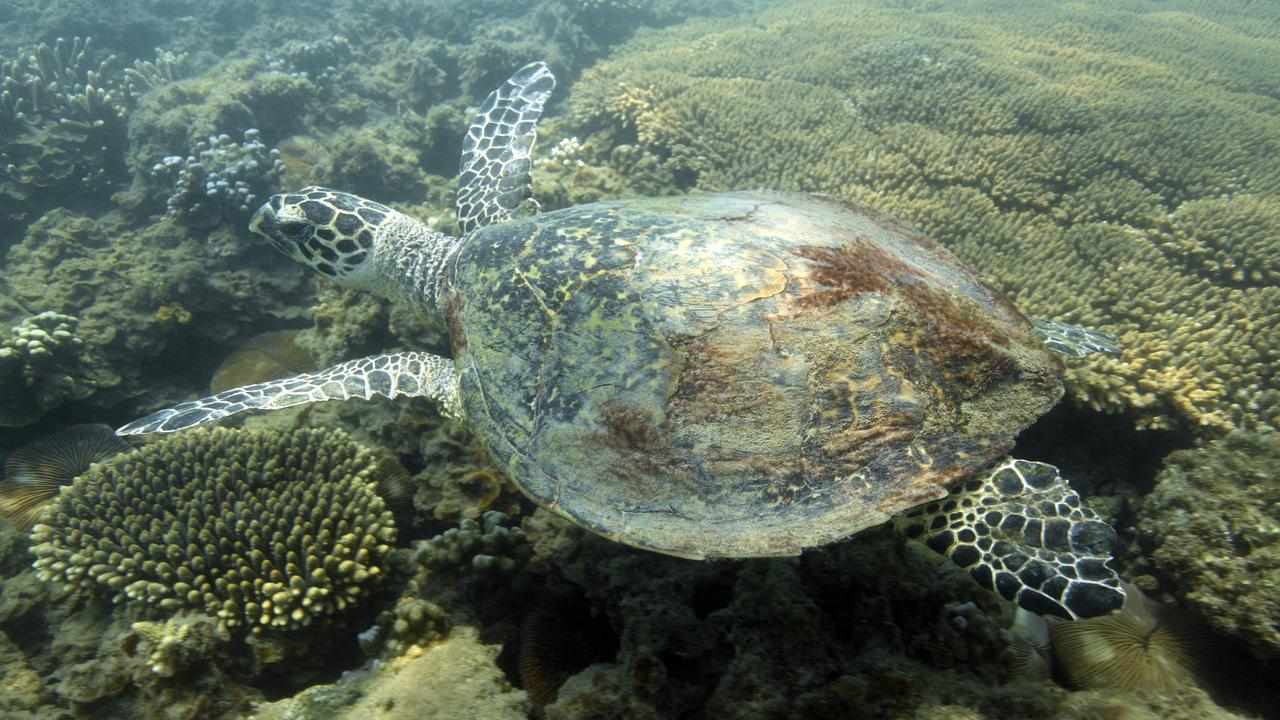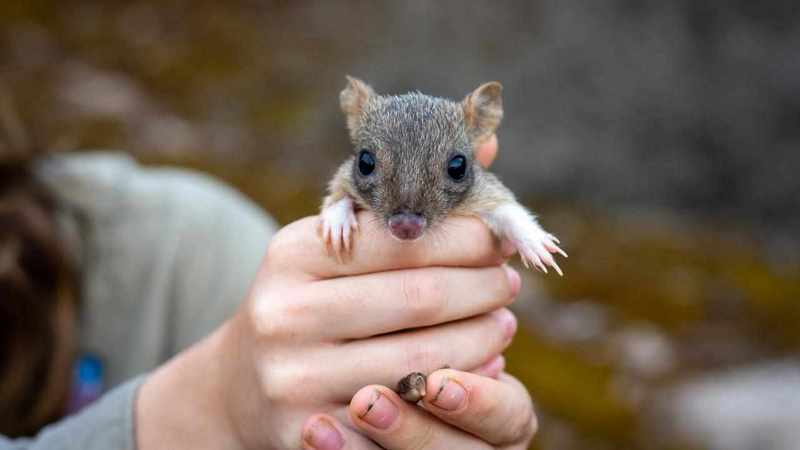Conservation groups say the federal budget provides next-to-no money to help biodiversity and threatened ecosystems.
Labor's third budget allocated cash to the carbon market and the Australian Antarctic Program but environmentalists are bitterly disappointed about a lack of funding for threatened species and the issue of habitat loss.
WWF-Australia’s Quinton Clements said the budget failed to live up to pledges made by Environment Minister Tanya Plibersek to prevent any new extinctions and achieve a target of 30 per cent of land and oceans protected by 2030.
“Tonight’s budget has left nature short-changed,” Mr Clements said.

A mere $5 million was allocated to the Great Barrier Reef Marine Park Authority to engage tourism operators for monitoring programs, after the reef endured its fifth mass coral bleaching event in eight years in April.
"There's a desperate need for funding to build the resilience of our oceans in the face of these underwater heatwaves through increasing marine park protection, helping threatened marine species to recover and ensuring safe passage for whales and other species," Mr Clements said.
Professor Sarah Bekessy, the Biodiversity Council's lead councillor, said there was more budgeted for carbon capture and storage than biodiversity measures.
“This is ironic as nature is still our only viable carbon sink at scale," she said.
"It is the only way for us to combat climate change by storing carbon and reducing the impacts of extreme climate impacts."
Sam Szoke-Burke, biodiversity policy manager for the Wilderness Society, echoed the sentiment, saying the Albanese government was "locking in further environmental decline" through the lack of targeted funding.

Australian Marine Conservation Society's campaign director Tooni Mahto said the government would struggle to meet its commitments on extinctions and ocean protections.
“Missing is investment in programs to protect and restore our coasts and oceans to tackle the extinction crisis, which is vital for our way of life and our economic prosperity."
Analysis from the Australian Conservation Foundation showed the total spending on climate and environment in the 2024-25 budget was higher than 2023-24, but still tracked at an overall decline.
Instead, the budget focused on Australia's carbon-credit scheme, subject to an independent review in 2023 that urged greater transparency and integrity amid widespread scientific criticism, and will be boosted by $48 million under a suite of reforms including a new integrity committee.
The Australian Antarctic Program was the other main benefactor, with $180.9 million dedicated to the research vessel RSV Nuyina and the rebuilding of the Macquarie Island research station.









